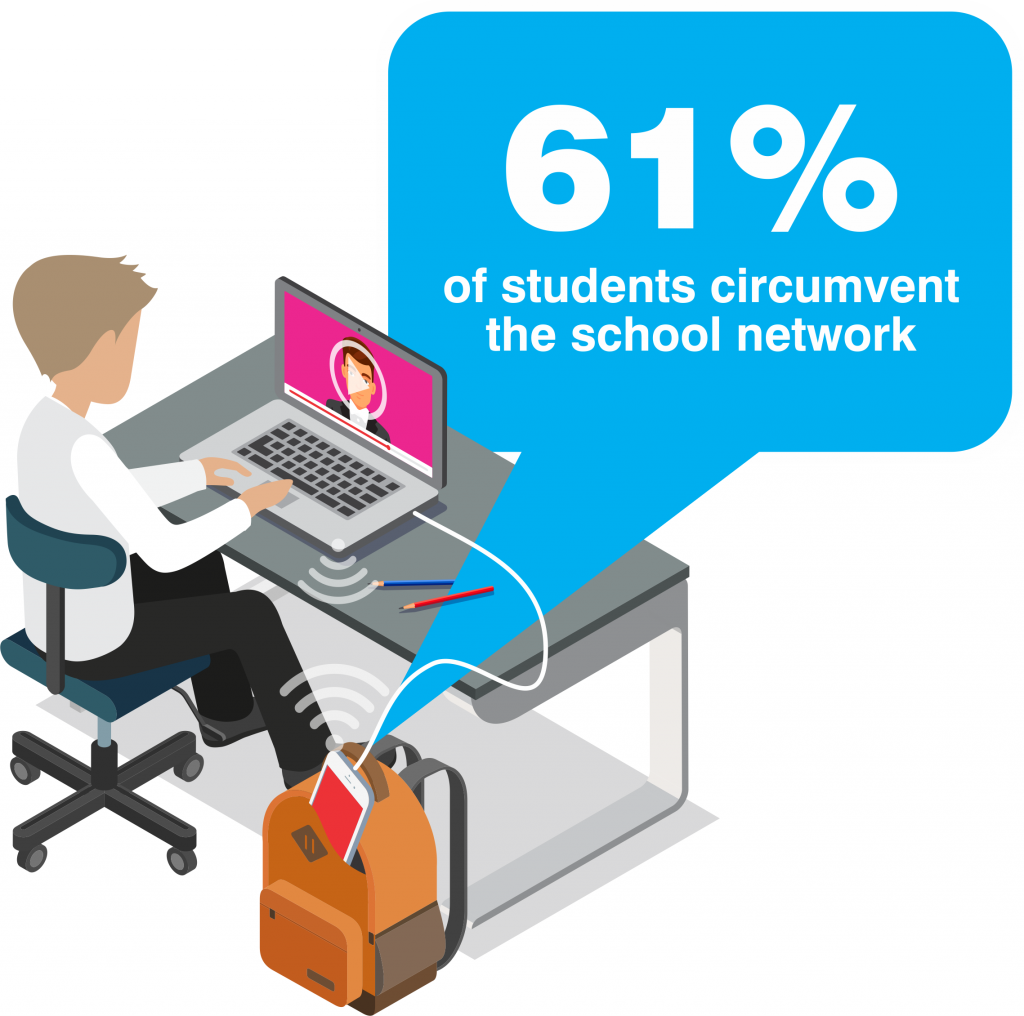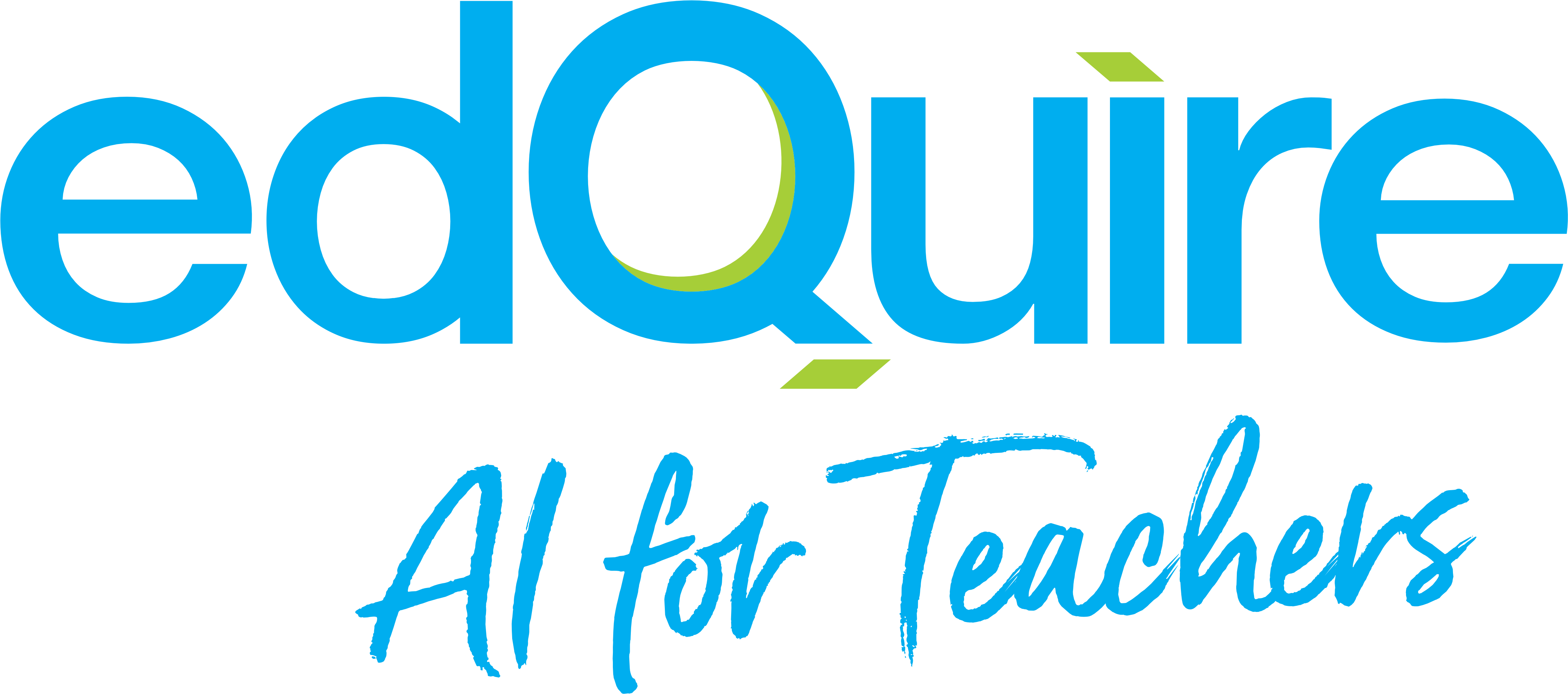The issue of mobile device usage and technology in general is a complex mix of positive and negative use. Many Schools have existing mobile phone restrictions. Network and classroom monitoring tools are in place to control and manage technology policies. Students agree to behave ethically and responsibly when using digital devices and school network. Despite these strategies many Schools continue to face on-going challenges associated with acceptable use of technology.
edQuire’s recent submission into the NSW Government Review of Mobile Phone’s presented data and practical strategies to support Schools address the issue of distraction associated with mobile phones and technology in general in the classroom.
edQuire objective data revealed students use phones covertly as mobile WiFi hotspots to ‘tether’ their computers. This is despite a mobile phone ban among many Schools analysed. This underground use bypasses all school filtering and monitoring policies on their laptops, causing greater interference with the educational use and impeding policy enforcement by schools. This behaviour is consistent with Year13.com.au who found that 89% students used their mobile phone in class regardless of policy.

Our submission found a total 61% percent of students connect to non-school network (internet) during lesson time. 21% percent use phones as a mobile hotspot, often many students connecting to one phone. Remaining students accessed online and offline VPN’s such as Psiphon and other well known proxy’s. When using a non-school network we found 66% percent of students were off task mainly steaming and gaming. This underground behaviour shows that bans, restrictions and the lack of tools to oversee enforcement of policy exhibits usage patterns with unexpected impact. Our submission called for more effective real data-based teacher tools for measuring and guiding educational use of digital devices in class. These teacher tools in conjunction with student education is required to reduce abuse and achieve the elusive benefits of educational technology. Any School policy must be informed with objective field data to understand the dynamics of educational device use as well as abuse.
edQuire’s solution currently implemented in Australian and NZ schools; Install our application on student laptops which transmits continuous lesson based computer activities. Application use and internet sites (both online and offline).
Use AI to educationally categorize activities, saving teacher’s time from identifying if a student is on-task or off-task.
Provide the classroom teacher with a real-time glance-able colour coded red-green-blue map of the on-taskness of each student in the lesson.
Teacher now ‘sees’ at a glance student engagement allowing proactive adjustment of lesson or intervention where needed. This includes when a student tethers to a mobile phone.
Give the teacher the ability to reflective and analyse student learning through reports for review and reflection.
By positively guiding student engagement through real-time insight, students are unlikely to spend time off-task.
Any observed inappropriate phone-tethered computer use is shown to the teacher facilitating in correcting usage.
Additionally, give students access to their own data, giving them ownership and ability to self-govern.

The issue of mobile device usage and technology in general is a complex mix of positive and negative access. Smartphones are used regardless of School bans. Student education in combination with effective teacher tools to oversee proper, safe and educationally effective use of technology is necessary. If mobile digital device use is to benefit the majority of students and remain safe, reliable, then objective data seems essential for formulation and monitoring of school policy. Furthermore, real time AI-analysed feedback of classroom ICT use is also essential for teachers to assure student engagement and measure and teach 21st Century skills. Such tools must be formative, cheap, scale-able, compatible and easily accessible to all stakeholders.

Recent Comments